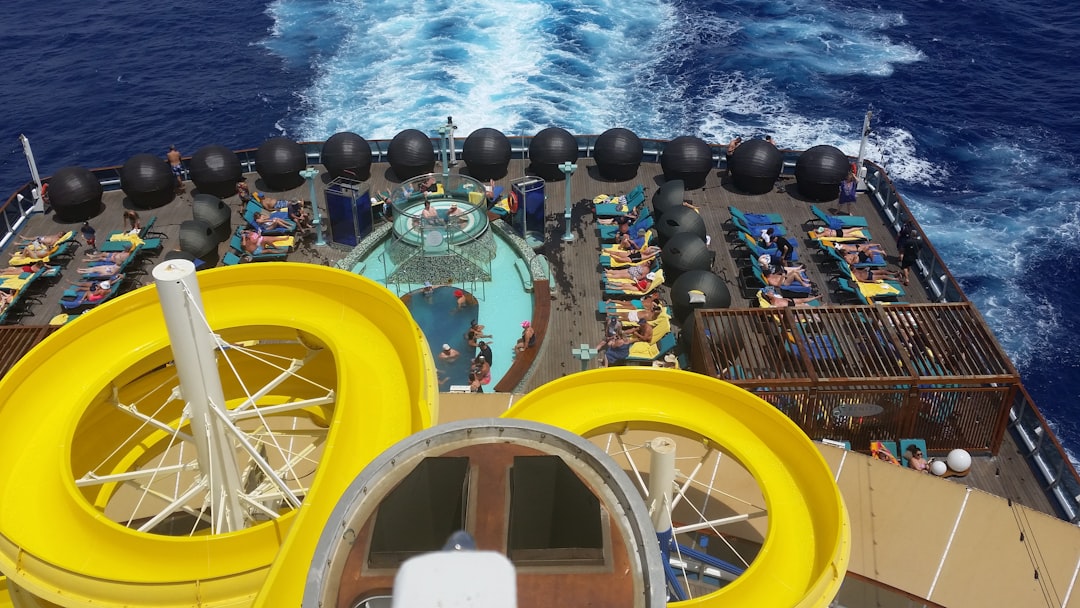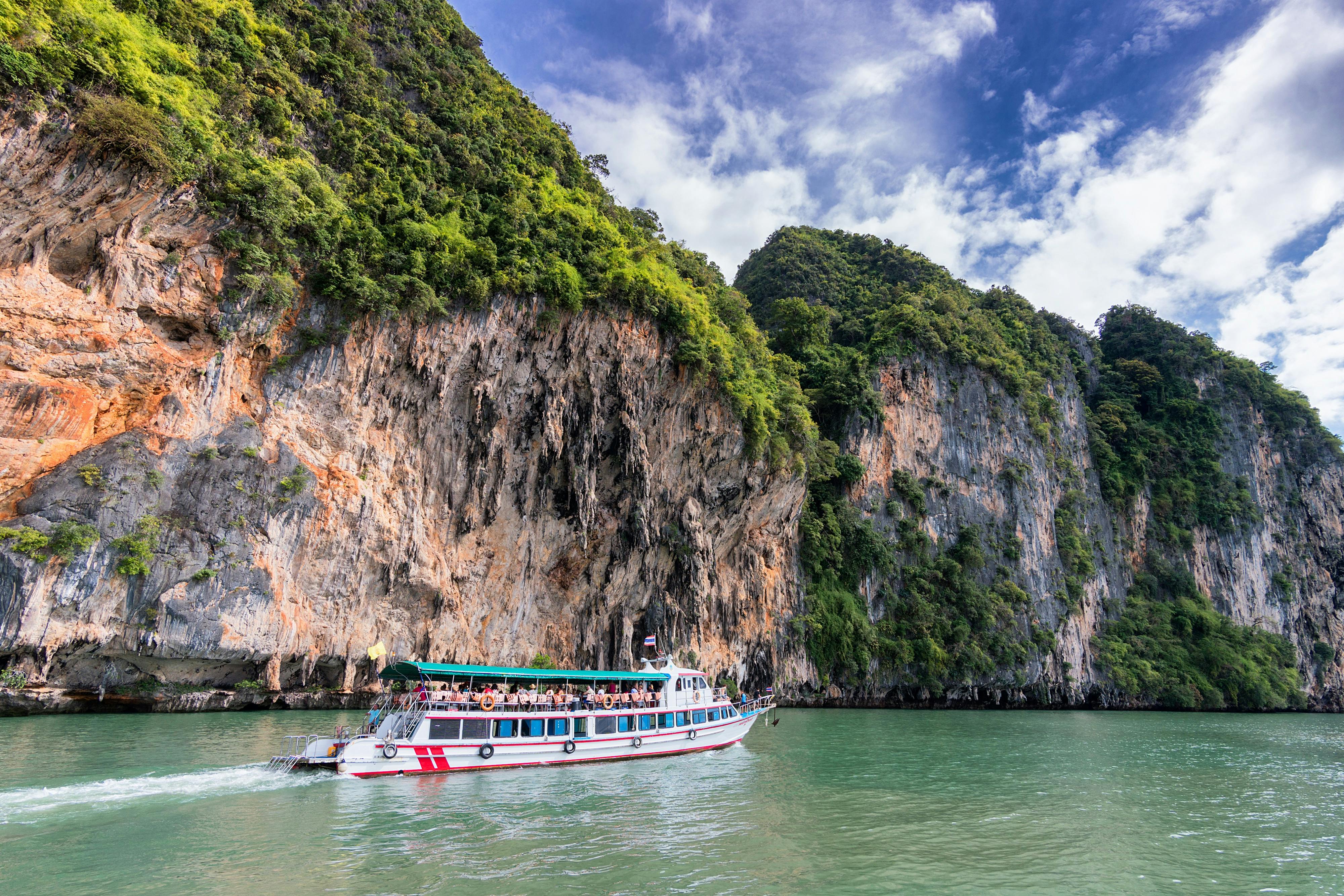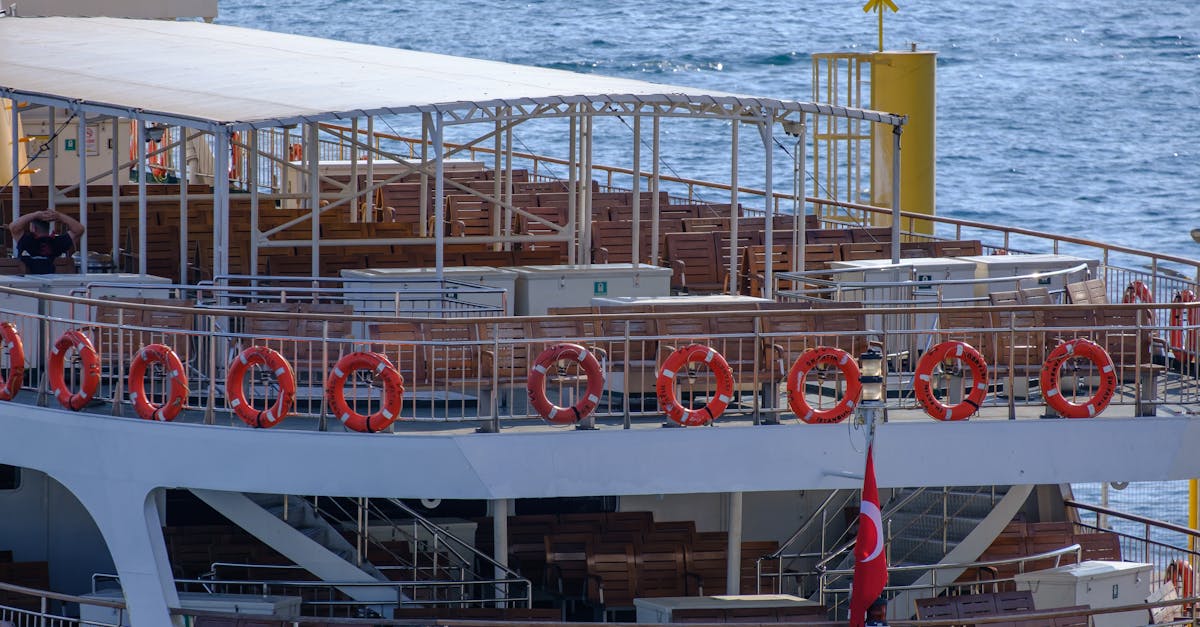10 Tips to Bounce Back from Long Travel Fatigue
Travel fatigue is more than just feeling tired; it's a complex interplay of disrupted sleep patterns, prolonged inactivity, and the stress of navigating unfamiliar environments. The body's circadian rhythms can be thrown off by crossing time zones, while the mind grapples with the sensory overload of new sights and sounds. This multifaceted fatigue can dampen your travel experience, making it difficult to fully engage with your surroundings. By recognizing the signs and symptoms of travel fatigue, you can take proactive steps to mitigate its effects. In this comprehensive guide, we will explore a range of techniques, from physical exercises to mental strategies, that can help you maintain your energy levels and enthusiasm throughout your journey. Let's begin!
1. Understanding Circadian Rhythms and Jet Lag
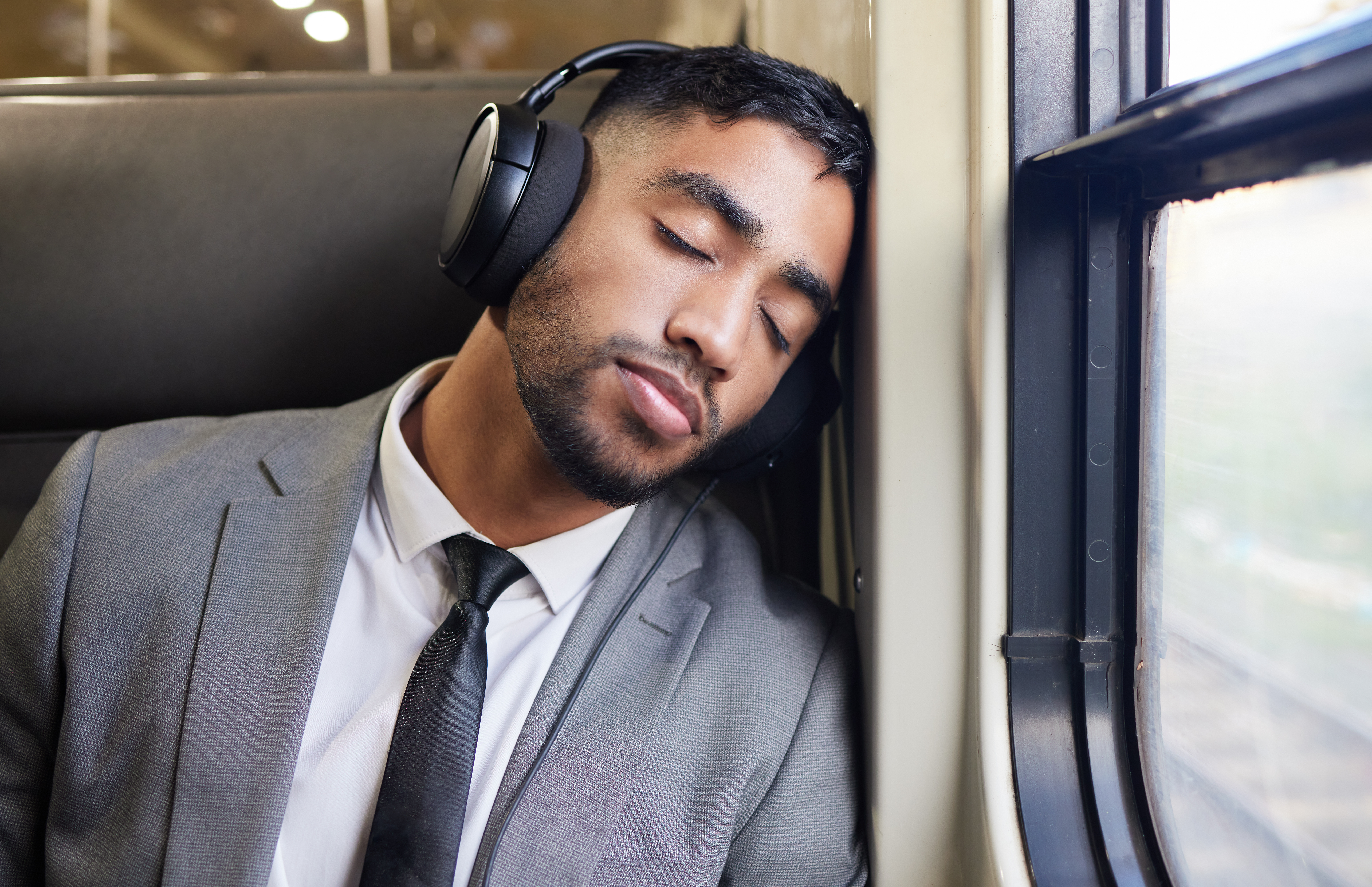
One of the primary culprits behind travel fatigue is the disruption of circadian rhythms, which are the natural cycles that regulate various physiological processes in the body. These rhythms are influenced by external cues such as light and temperature, helping to synchronize the body's internal clock with the environment. When you travel across multiple time zones, your circadian rhythms can become misaligned with the local time, leading to a condition commonly known as jet lag. This misalignment can result in symptoms such as insomnia, daytime fatigue, difficulty concentrating, and digestive issues. To combat jet lag, it's essential to understand how circadian rhythms work and how they can be adjusted. One effective strategy is to gradually shift your sleep schedule before you travel, aligning it more closely with the destination's time zone. This can help your body adjust more quickly upon arrival. Additionally, exposure to natural light during the day and avoiding bright screens before bedtime can help regulate your internal clock. Melatonin supplements may also be beneficial in some cases, as they can help signal to your body that it's time to sleep. By taking proactive steps to manage your circadian rhythms, you can minimize the impact of jet lag and reduce travel fatigue.
2. The Power of Hydration
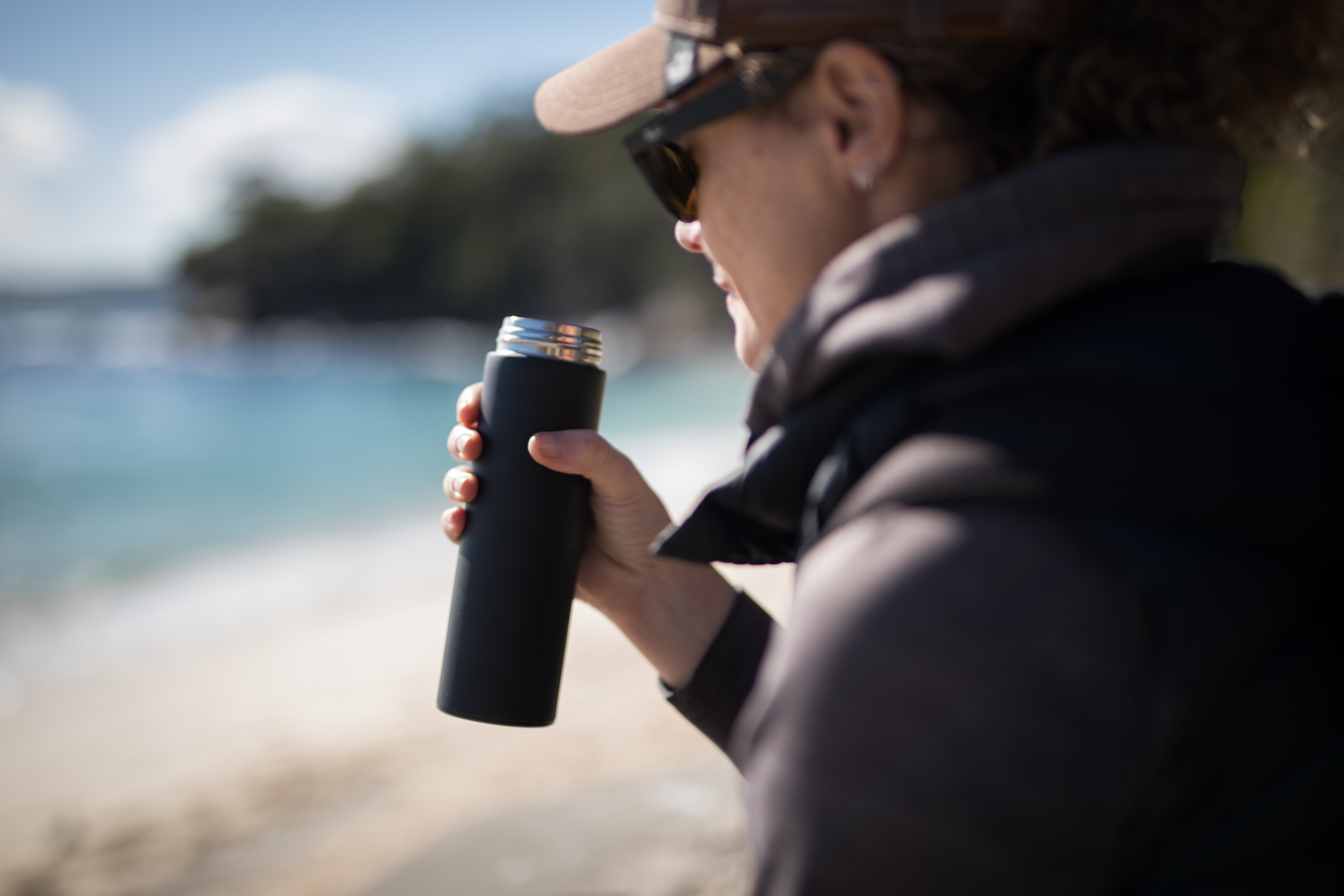
Hydration plays a crucial role in combating travel fatigue, yet it's often overlooked amidst the excitement of travel. Dehydration can exacerbate feelings of tiredness and reduce cognitive function, making it harder to enjoy your journey. Air travel, in particular, can be dehydrating due to the low humidity levels in airplane cabins. It's essential to prioritize hydration before, during, and after your trip to keep your energy levels up and your body functioning optimally. Drinking water is the most straightforward way to stay hydrated, but it's also important to be mindful of what you consume. Caffeinated and alcoholic beverages, while tempting, can contribute to dehydration and should be consumed in moderation. Instead, opt for water, herbal teas, or electrolyte-rich drinks to replenish lost fluids. Carrying a reusable water bottle with you can serve as a reminder to drink regularly, and it can be refilled throughout your journey. In addition to drinking fluids, you can boost your hydration levels by consuming water-rich foods such as fruits and vegetables. Foods like cucumbers, watermelon, and oranges not only provide hydration but also offer essential vitamins and minerals that support overall health. By making hydration a priority, you can reduce the effects of travel fatigue and enhance your ability to explore and enjoy new destinations. Remember, staying hydrated is not just about quenching your thirst; it's about maintaining your body's balance and vitality, ensuring you remain energized and ready for adventure.
3. Nutrition: Fueling Your Journey

Proper nutrition is a cornerstone of combating travel fatigue and ensuring you have the energy to fully enjoy your trip. When traveling, it's easy to fall into the trap of convenience foods that are often high in sugar and unhealthy fats. While these options might provide a quick energy boost, they can lead to crashes in energy levels and leave you feeling sluggish. Instead, focus on consuming a balanced diet rich in whole foods that provide sustained energy and support overall well-being. Start your day with a nutritious breakfast that includes a mix of protein, healthy fats, and complex carbohydrates. This combination helps stabilize blood sugar levels and provides a steady source of energy throughout the day. Snacks such as nuts, seeds, and dried fruits are excellent travel companions, offering a convenient and nutritious way to curb hunger between meals. Additionally, incorporating a variety of colorful fruits and vegetables into your diet ensures you're getting a range of vitamins and antioxidants that support immune function and help fight off fatigue. It's also important to be mindful of portion sizes and meal timing, especially when dealing with time zone changes. Eating smaller, more frequent meals can help maintain energy levels and prevent the discomfort of overeating. If you're traveling to a destination with different culinary traditions, embrace the opportunity to try new foods while keeping an eye on how they make you feel. By prioritizing nutrition and making conscious food choices, you can fuel your journey and keep travel fatigue at bay, allowing you to make the most of your adventures.
4. Movement and Exercise: Keeping Active on the Go
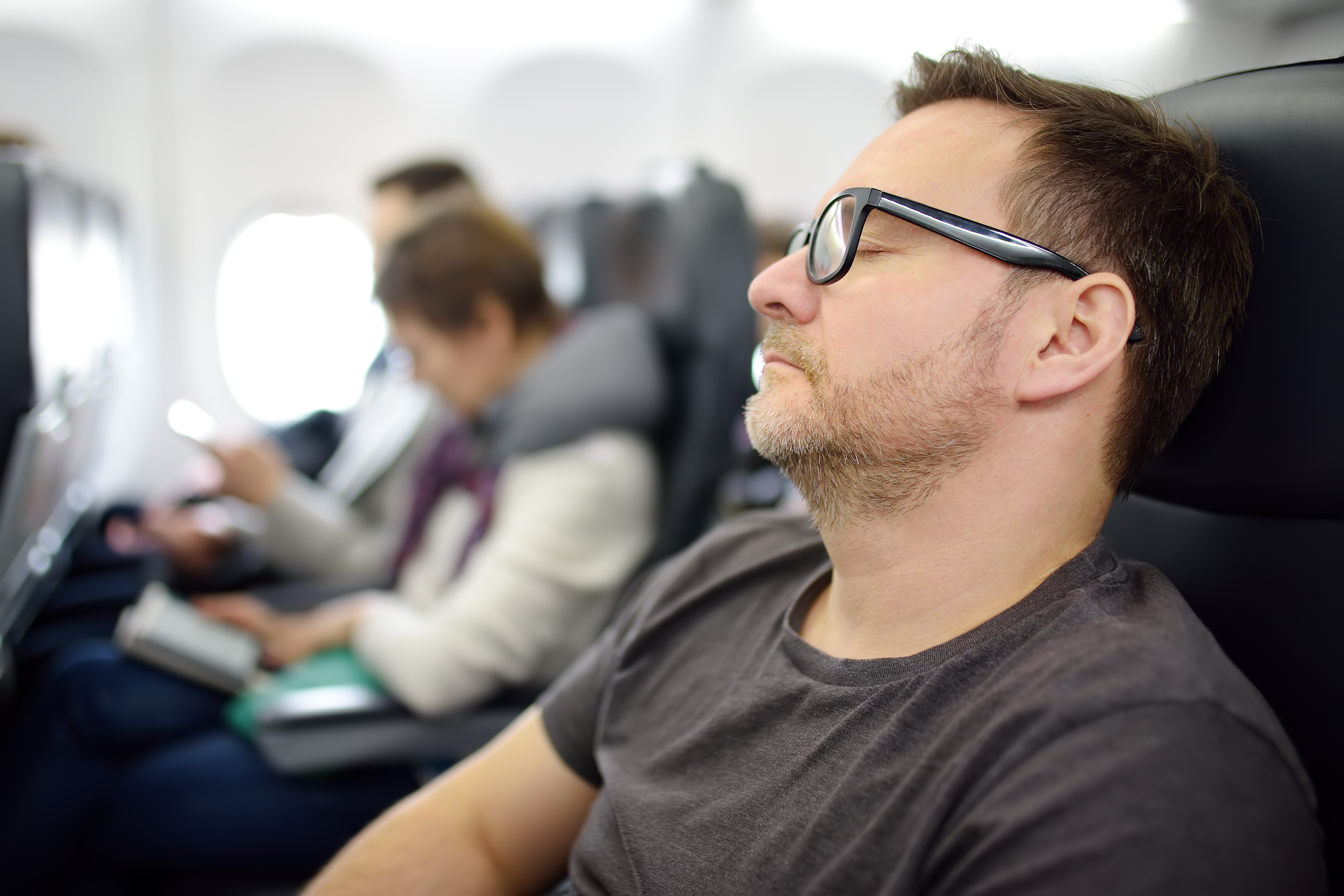
Long periods of sitting, whether on a plane, train, or bus, can contribute significantly to travel fatigue. Prolonged inactivity can lead to muscle stiffness, poor circulation, and a general feeling of lethargy. Incorporating movement and exercise into your travel routine is an effective way to combat these effects and keep your energy levels up. Even small amounts of physical activity can make a significant difference in how you feel during and after your journey. Start by incorporating simple stretches and exercises into your travel itinerary. During long flights or train rides, take advantage of opportunities to stand up, stretch, and walk around the cabin. Gentle stretches, such as neck rolls, shoulder shrugs, and leg lifts, can help relieve tension and improve circulation. If you're staying in a hotel, consider taking advantage of any fitness facilities available, or explore outdoor activities like walking tours or hikes to stay active while sightseeing. In addition to formal exercise, look for ways to incorporate movement into your daily routine. Opt for stairs instead of elevators, or take a leisurely stroll to explore your surroundings. Engaging in physical activities not only helps combat travel fatigue but also enhances your travel experience by allowing you to connect with your destination in a more immersive way. By prioritizing movement and exercise, you can keep your body energized and your mind alert, ensuring you make the most of your travels.
5. Sleep Strategies: Restoring Vitality
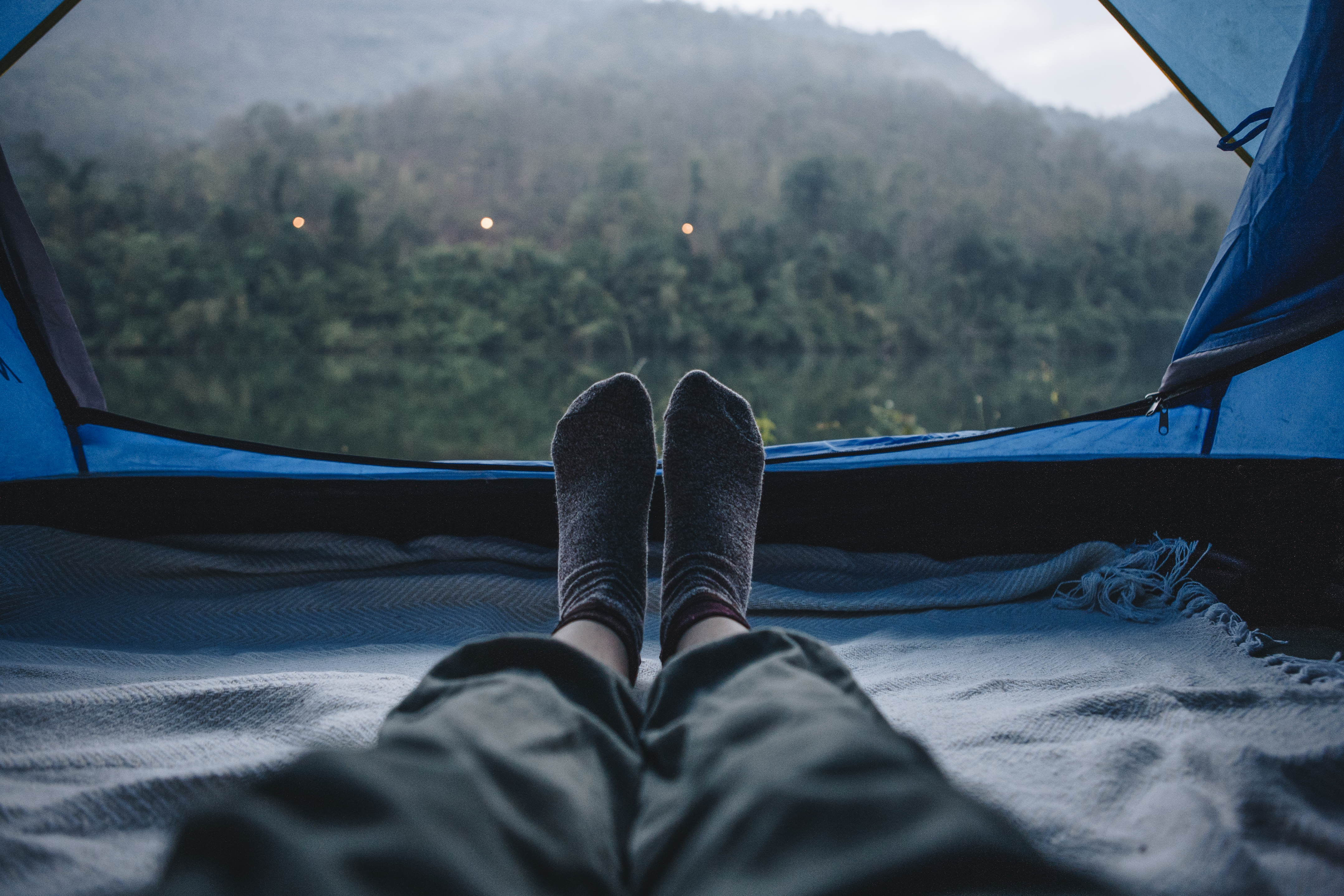
Quality sleep is essential for overcoming travel fatigue and restoring your vitality. However, achieving restful sleep can be challenging when you're on the road, especially if you're dealing with unfamiliar environments or time zone changes. Developing effective sleep strategies can help you get the rest you need to recharge and thrive during your travels. Start by creating a sleep-friendly environment, even when you're away from home. This might involve using earplugs or a white noise machine to block out disruptive sounds or wearing an eye mask to create darkness. Establishing a bedtime routine can also signal to your body that it's time to wind down. This routine might include activities such as reading, meditating, or taking a warm bath to relax before bed. Consistency is key, so try to go to bed and wake up at the same time each day, even when traveling. If you're struggling with jet lag, consider adjusting your sleep schedule gradually in the days leading up to your trip. This can help your body adapt more smoothly to the new time zone. Additionally, be mindful of your caffeine and alcohol intake, as these substances can interfere with sleep quality. By prioritizing sleep and implementing strategies to improve your rest, you can reduce the impact of travel fatigue and maintain your energy levels throughout your journey.
6. Mindfulness and Stress Management
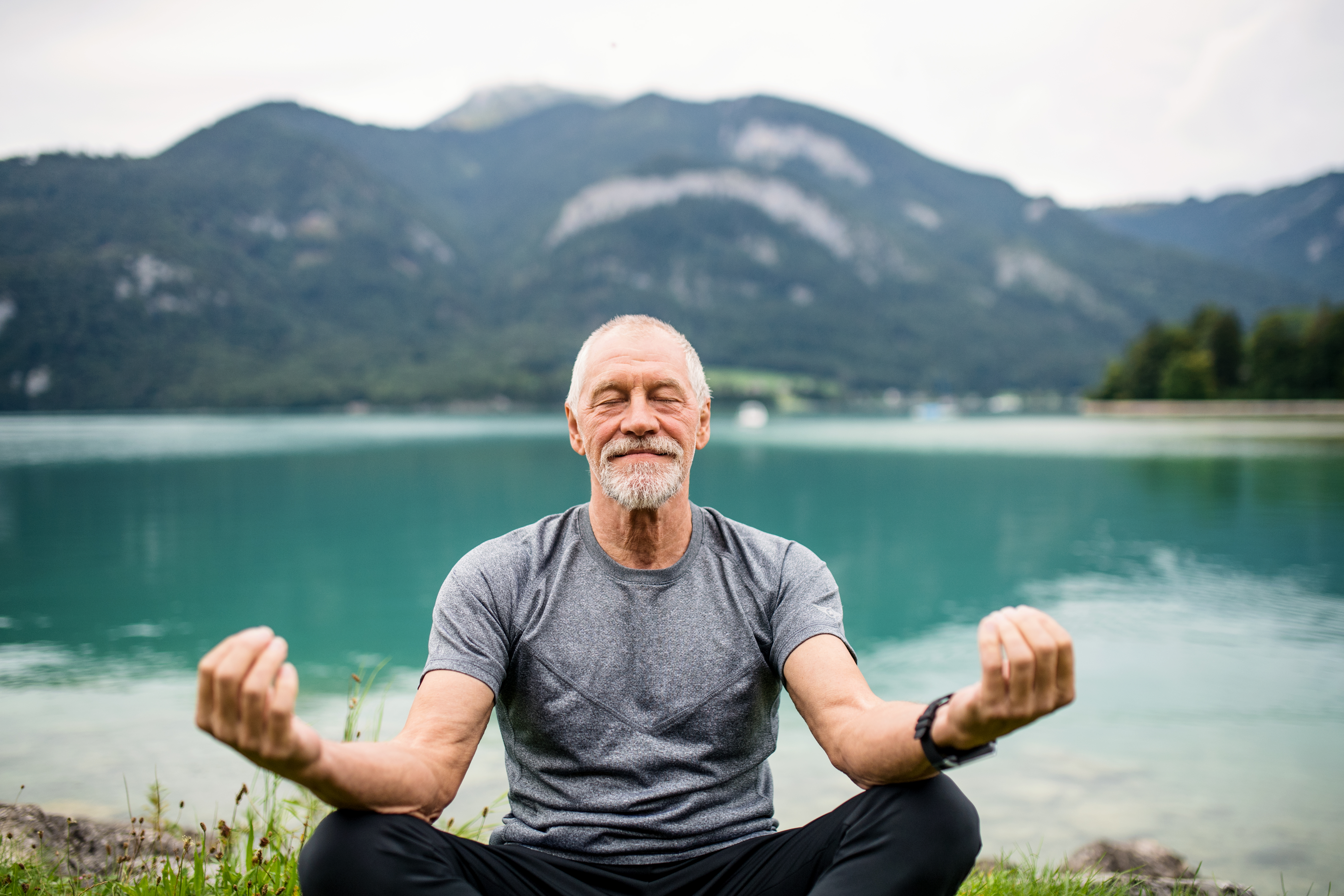
Travel can be a source of stress, whether it's due to navigating unfamiliar places, dealing with logistical challenges, or simply being away from the comforts of home. This stress can contribute to travel fatigue, making it important to incorporate mindfulness and stress management techniques into your travel routine. By cultivating a sense of calm and presence, you can enhance your travel experience and reduce the toll on your body and mind. Mindfulness involves paying attention to the present moment without judgment, which can help reduce stress and increase your enjoyment of the journey. Simple mindfulness practices, such as deep breathing exercises or short meditation sessions, can be easily incorporated into your travel routine. These practices can help you stay grounded and centered, even in the midst of travel chaos. Additionally, taking time to appreciate your surroundings and savor new experiences can enhance your sense of well-being and reduce stress. Stress management also involves being prepared and flexible. Planning ahead and allowing extra time for travel can reduce the pressure of tight schedules. However, it's also important to be adaptable and open to changes, as travel often involves unexpected situations. By embracing a mindset of curiosity and adventure, you can navigate challenges with greater ease and resilience. By incorporating mindfulness and stress management techniques, you can reduce travel fatigue and enhance your overall travel experience.
7. The Role of Technology in Travel Fatigue
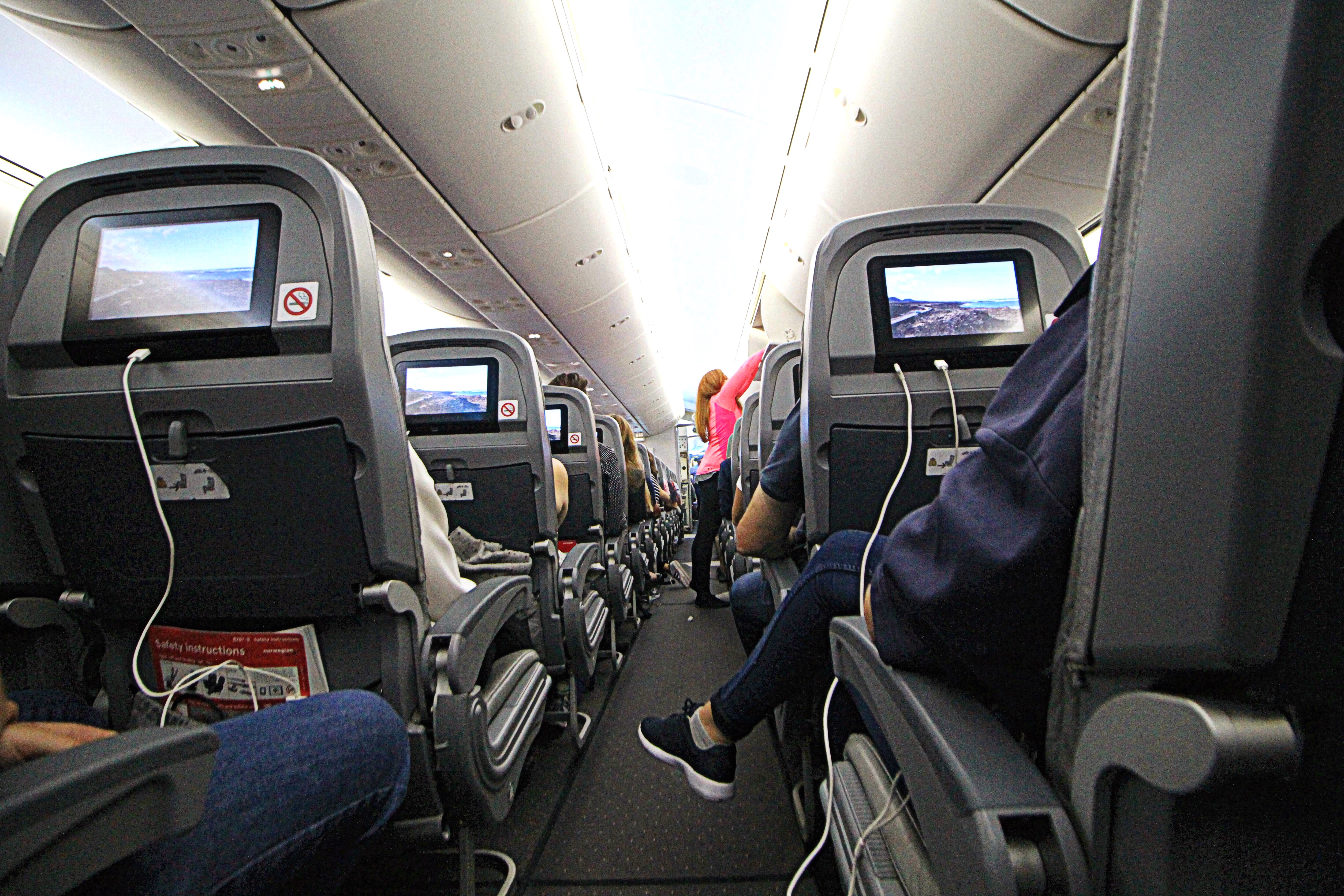
Technology is an integral part of modern travel, offering convenience and connectivity, but it can also contribute to travel fatigue if not managed mindfully. The constant availability of digital devices can lead to overstimulation and increased stress, making it important to establish a healthy relationship with technology while on the road. By being intentional about your tech use, you can reduce its impact on your energy levels and overall well-being. Start by setting boundaries around your technology use. Consider designating specific times to check emails or social media, allowing you to be present and engaged with your travel experiences. Taking regular breaks from screens can help reduce eye strain and mental fatigue. Additionally, using technology to support your travel, such as navigation apps or language translation tools, can enhance your journey without overwhelming you. It's also important to be mindful of how technology affects your sleep. The blue light emitted by screens can interfere with your body's production of melatonin, making it harder to fall asleep. To mitigate this effect, avoid screens at least an hour before bedtime and consider using apps or settings that reduce blue light exposure. By managing your technology use effectively, you can minimize its contribution to travel fatigue and maintain a sense of balance and well-being during your travels.
8. Social Connections: The Energizing Effect of Interaction
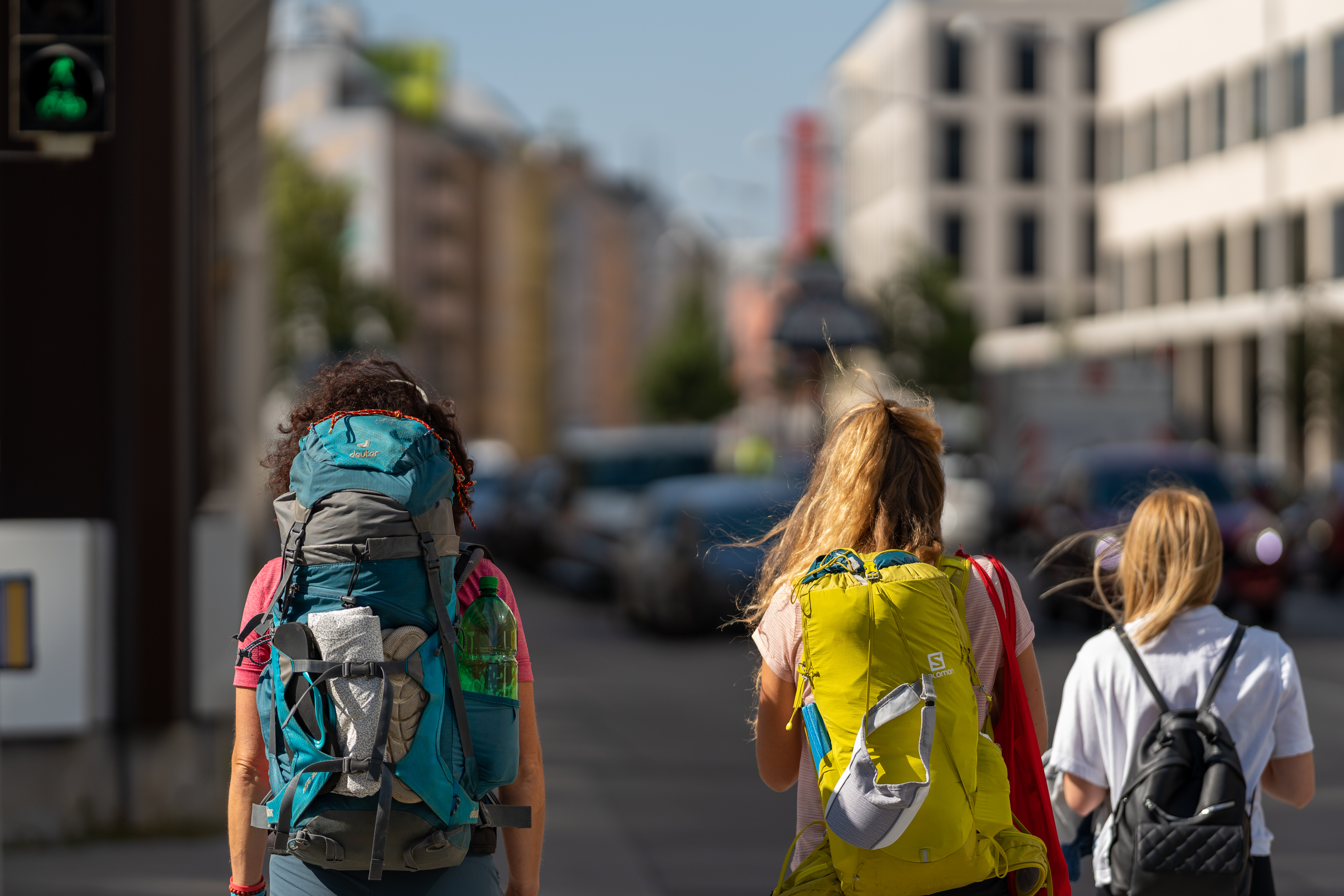
Human interaction can be a powerful antidote to travel fatigue, providing emotional support and a sense of connection that can enhance your travel experience. Whether you're traveling alone or with others, making an effort to engage with people can help you feel more energized and less isolated. Social connections can offer a sense of belonging and provide opportunities for shared experiences and cultural exchange. If you're traveling solo, consider staying in social accommodations like hostels or participating in group tours or activities. These settings offer opportunities to meet fellow travelers and locals, fostering connections and friendships. Engaging in conversations with people you meet along the way can provide fresh perspectives and enrich your understanding of the places you visit. Additionally, reaching out to friends or family back home through video calls or messages can provide comfort and support. Traveling with companions also offers opportunities for social connection, but it's important to balance togetherness with personal space. Communicate openly with your travel partners about your needs and preferences, and be mindful of each other's energy levels. By fostering positive social interactions and nurturing relationships, you can reduce travel fatigue and create lasting memories that enhance your journey.
9. Embracing Local Culture: A Source of Renewal

Immersing yourself in the local culture of your destination can be a rejuvenating experience that counteracts travel fatigue. Engaging with the customs, traditions, and daily life of the places you visit can provide a sense of purpose and connection, enriching your travel experience. By embracing the local culture, you can gain a deeper understanding of your surroundings and create meaningful memories that energize and inspire you. Start by exploring local markets, festivals, and events that offer authentic insights into the culture. Trying local cuisine, attending cultural performances, or participating in traditional activities can provide a sense of immersion and engagement. These experiences not only offer a break from the routine but also stimulate your senses and curiosity, helping to combat feelings of fatigue and monotony. Learning a few basic phrases in the local language can also enhance your cultural experience and facilitate interactions with locals. Even small efforts, such as greeting someone in their native language, can open doors to meaningful connections and exchanges. By approaching your travels with an open mind and a willingness to embrace new experiences, you can tap into the revitalizing power of cultural immersion and reduce the impact of travel fatigue.
10. The Importance of Downtime and Relaxation
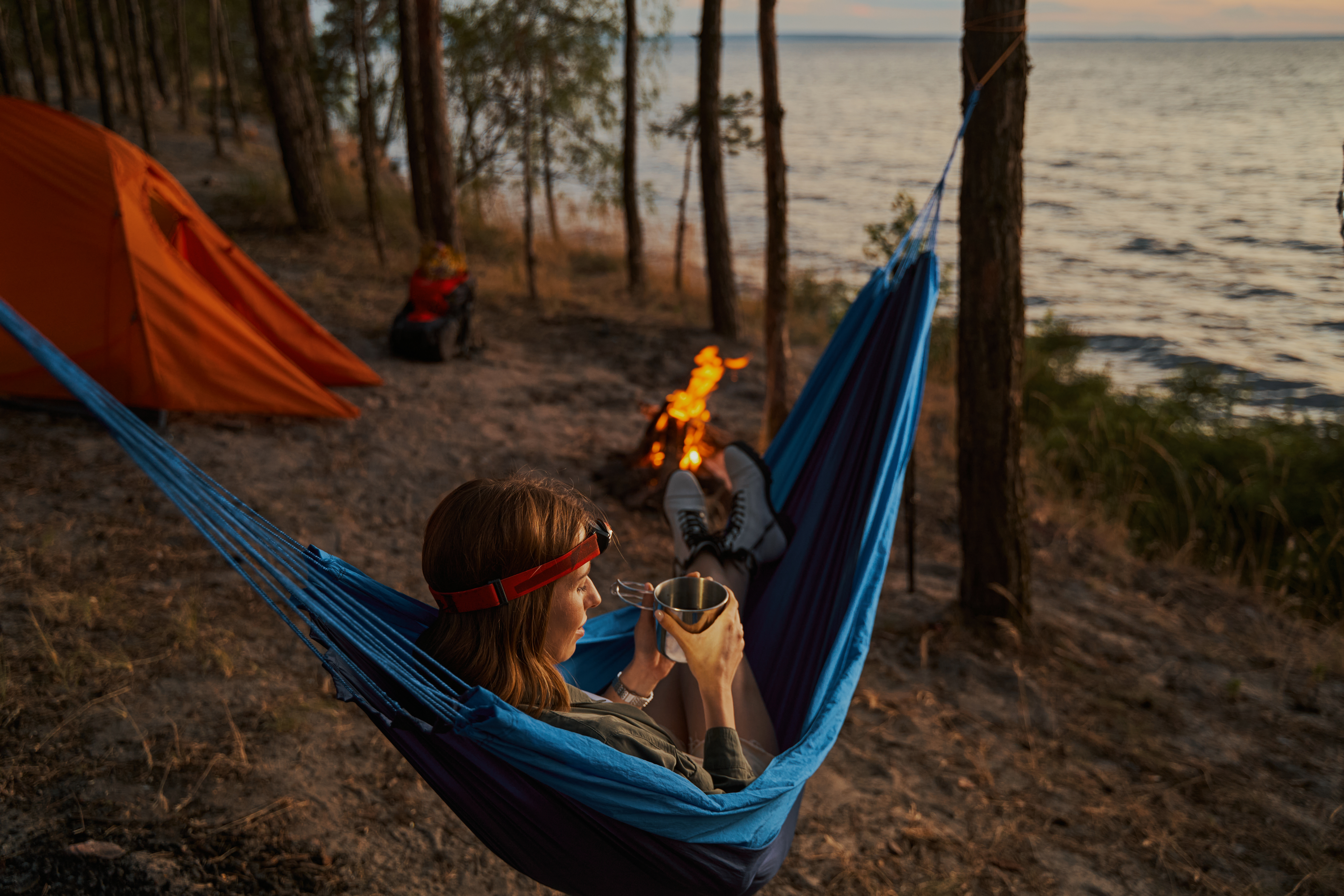
Amidst the excitement and busyness of travel, it's important to prioritize downtime and relaxation to recharge and prevent burnout. Travel fatigue can be exacerbated by an overly packed itinerary, making it essential to incorporate moments of rest and rejuvenation into your travel plans. By allowing yourself time to unwind, you can maintain your energy levels and enhance your overall travel experience. Consider scheduling regular breaks throughout your day to relax and recharge. This might involve enjoying a leisurely coffee at a local café, taking a scenic walk, or simply sitting in a park to people-watch. These moments of downtime provide an opportunity to reflect on your experiences and savor the present moment. Additionally, incorporating relaxation techniques such as yoga or meditation into your routine can help reduce stress and promote a sense of calm. It's also important to listen to your body and adjust your plans as needed. If you're feeling particularly fatigued, consider taking a day to rest and recover, rather than pushing through a packed schedule. By prioritizing relaxation and downtime, you can prevent travel fatigue from overshadowing your journey and ensure you have the energy and enthusiasm to make the most of your adventures.
As you embark on your next adventure, carry these tips with you as a toolkit for thriving beyond travel fatigue. Embrace the opportunities for growth, discovery, and renewal that travel offers, and let them energize and inspire you. With the right approach, you can transform travel fatigue into a catalyst for deeper engagement and enjoyment, ensuring that your travels are as enriching as they are memorable.


